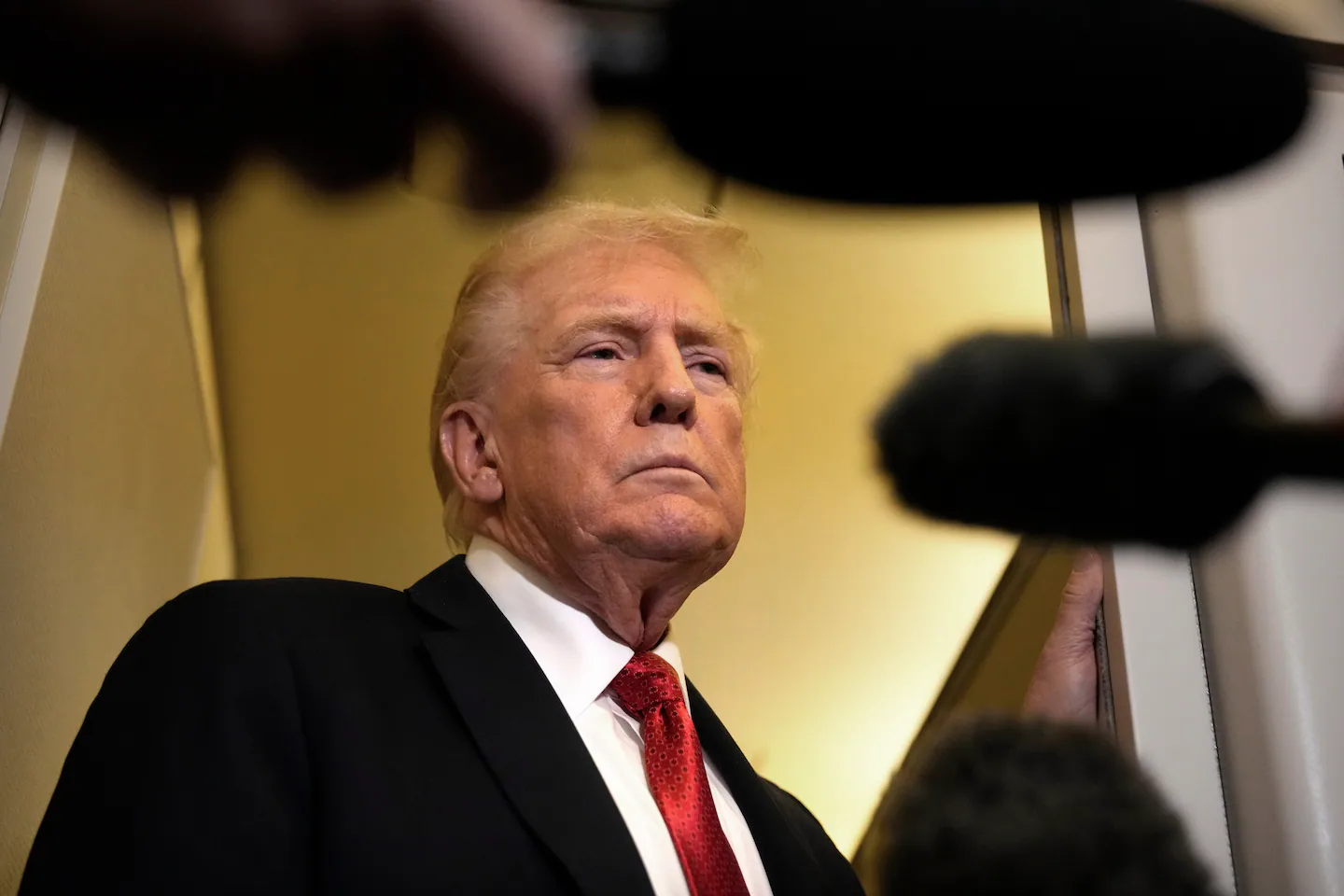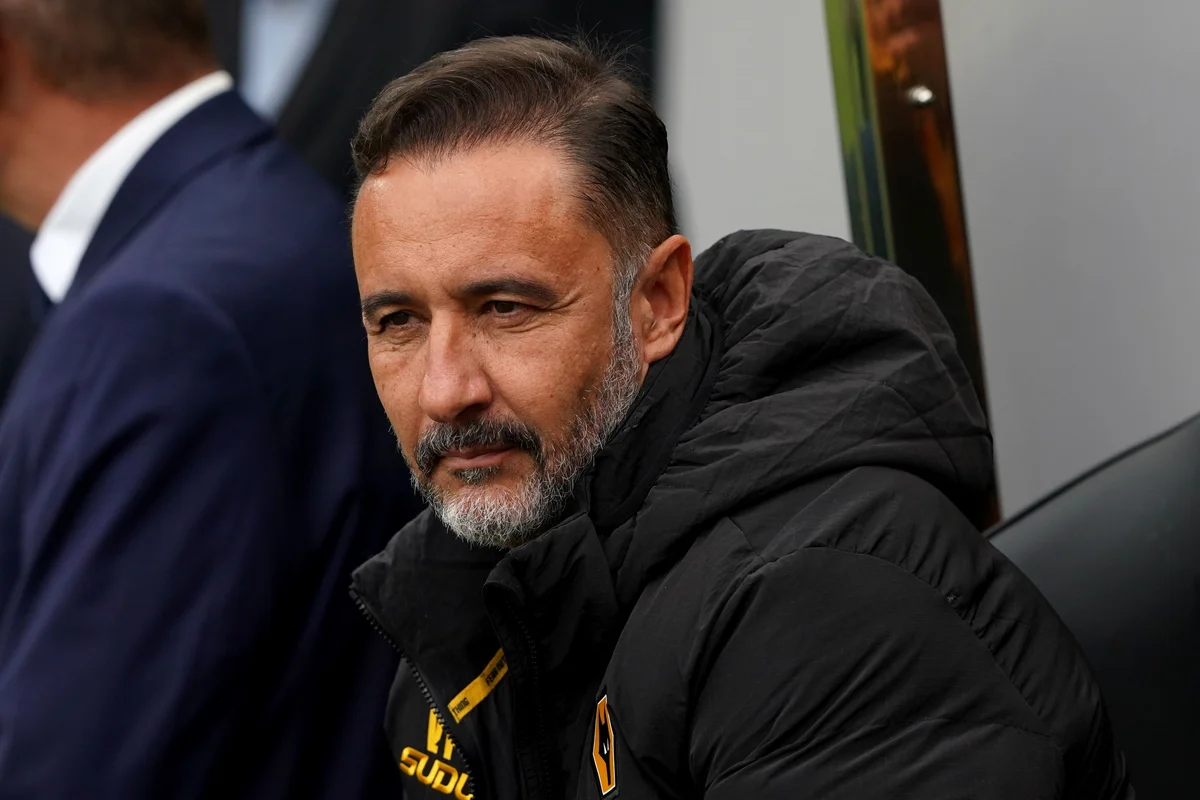Copyright Chicago Tribune

Both Chicago’s O’Hare International and Midway airports are among those affected by government shutdown-related flight reductions planned to start Friday. On Wednesday, the Federal Aviation Administration said it would reduce flights by 10% across 40 “high-volume” markets to maintain the safety of air travel as the federal government shutdown — now the longest in U.S. history — drags on. The FAA’s announcement comes as President Donald Trump’s administration ramps up pressure on Democrats in Congress to end the shutdown. Democrats have thus far refused to acquiesce to Republican attempts to pass a funding measure that doesn’t extend enhanced subsidies for Affordable Care Act exchange health insurance. Air traffic controllers are working without pay during the shutdown, and staffing issues at air traffic towers have caused flight delays throughout the country. On Thursday — before the scheduled reduction in air traffic on Friday — a ground delay was scheduled to take effect at O’Hare in the late afternoon. Delays were expected to average 73 minutes and top out at more than two hours later in the evening, according to an FAA advisory. The stated cause? Staffing. In a statement, the Chicago Department of Aviation said it was “coordinating with federal and airline partners” regarding the FAA directive. “All travelers with flights scheduled on or after Friday, Nov. 7, should monitor their flight status through their air carrier’s mobile app or website before leaving for the airport,” the department said. In an interview from O’Hare Thursday afternoon, United’s vice president of airport operations, Omar Idris, said the planned reductions would be phased in over a week starting Friday. On Friday, United planned to start by canceling 4% of its flights, which would equal around 23 round trips a day at O’Hare, Idris said. Ultimately, 10% cuts would amount to 55 to 58 flights a day at O’Hare. The cuts will not affect international or hub-to-hub flights, he said, with cancellations mainly focused on regional and smaller destinations. O’Hare is one of the airline’s hubs, meaning flights between Chicago’s largest airport and other United hubs including Los Angeles, Denver, Newark Liberty and Washington Dulles International airports would be safe from cuts. Passengers will be allowed to cancel or rebook those flights with no penalties or fees. Since it is a shoulder travel season, not peak, there should be enough seats on other flights to handle displaced flyers, Idris said. “Passengers can be accommodated with very little disruption, we hope,” he said. In a Thursday statement, American Airlines said it had cut flights by 4% Friday through Monday, which it said amounted to a total of 220 flights canceled per day. Passengers can change their flights or request refunds without penalty, the airline said. “Even with these cancellations, we plan to operate around 6,000 daily flights,” the airline said. “We are continuing to communicate with impacted customers. We encourage everyone to check their flight status on AA.com or the mobile app.” Many air traffic controllers are working mandatory overtime of up to six days a week and10 hours a day, their union, the National Air Traffic Controllers Association, has said. They’ve already missed their first full paycheck since the shutdown began Oct. 1. The union has discouraged controllers from calling out sick. “Even as they go without pay during this record-long government shutdown. America’s air traffic controllers remain steadfast in their commitment to ensuring the safety and efficiency of the National Airspace System,” NATCA said in a statement Thursday. “Air traffic controllers are human beings,” said Dennis Tajer, an American Airlines pilot based out of O’Hare and a spokesperson for the pilots union, the Allied Pilots Association. “They’re part of my crew,” along with TSA agents, who are also working without pay, he added. Flight delays throughout the shutdown have put pressure on pilot staffing, Tajer said, because delays can cause pilots to time out of their shifts and require replacement by reserve pilots. The pilots union has called for Congress to pass a clean continuing resolution in order to reopen the government. Tajer said the union didn’t make that call for political reasons. “But they’re starting to invade the airplane, my cockpit,” he said. “And we won’t allow that margin of safety to be squeezed down.” Sara Nelson, president of the Association of Flight Attendants union, said in a statement that “safety is not a political game.” “The false narrative that this shutdown is a choice of either paying federal workers or protecting affordable healthcare is outrageous when both crises were manufactured by the exact people who can fix it,” she said. Asked Thursday about the looming airport slowdown, Chicago Mayor Brandon Johnson said it’s yet another Trump failure that will hurt Chicago. “Our airport is literally the global epicenter of travel, the number one international connection, becoming the busiest airport,” Johnson said at a City Hall news conference. “And this is how reprehensible and appalling this president’s tactics and his behavior has been, and this is what he has led to.” Several passengers at O’Hare Thursday said they were unaffected so far by the reductions, but hoped for a resolution to the federal impasse, and would be watching the situation closely. Aaron Back, who was visiting from Denver for a tax convention, said he plans to fly to New York next week despite the cutbacks. “It could get dicey, but it doesn’t sound terrible,” he said. “I’m not too worried.” Another traveler, Dan Smith, of Buffalo, New York, moved his flight from Friday to Thursday to avoid disruption. “Let’s fix the shutdown so we can get on with our lives,” he said, “before it gets chaotic.” Chicago Tribune’s Alice Yin contributed.



